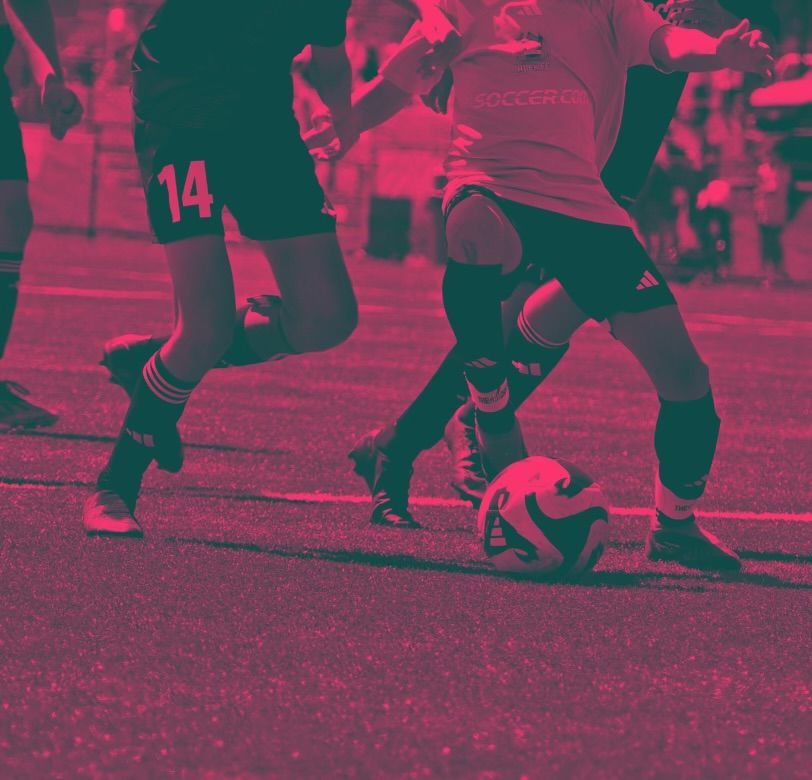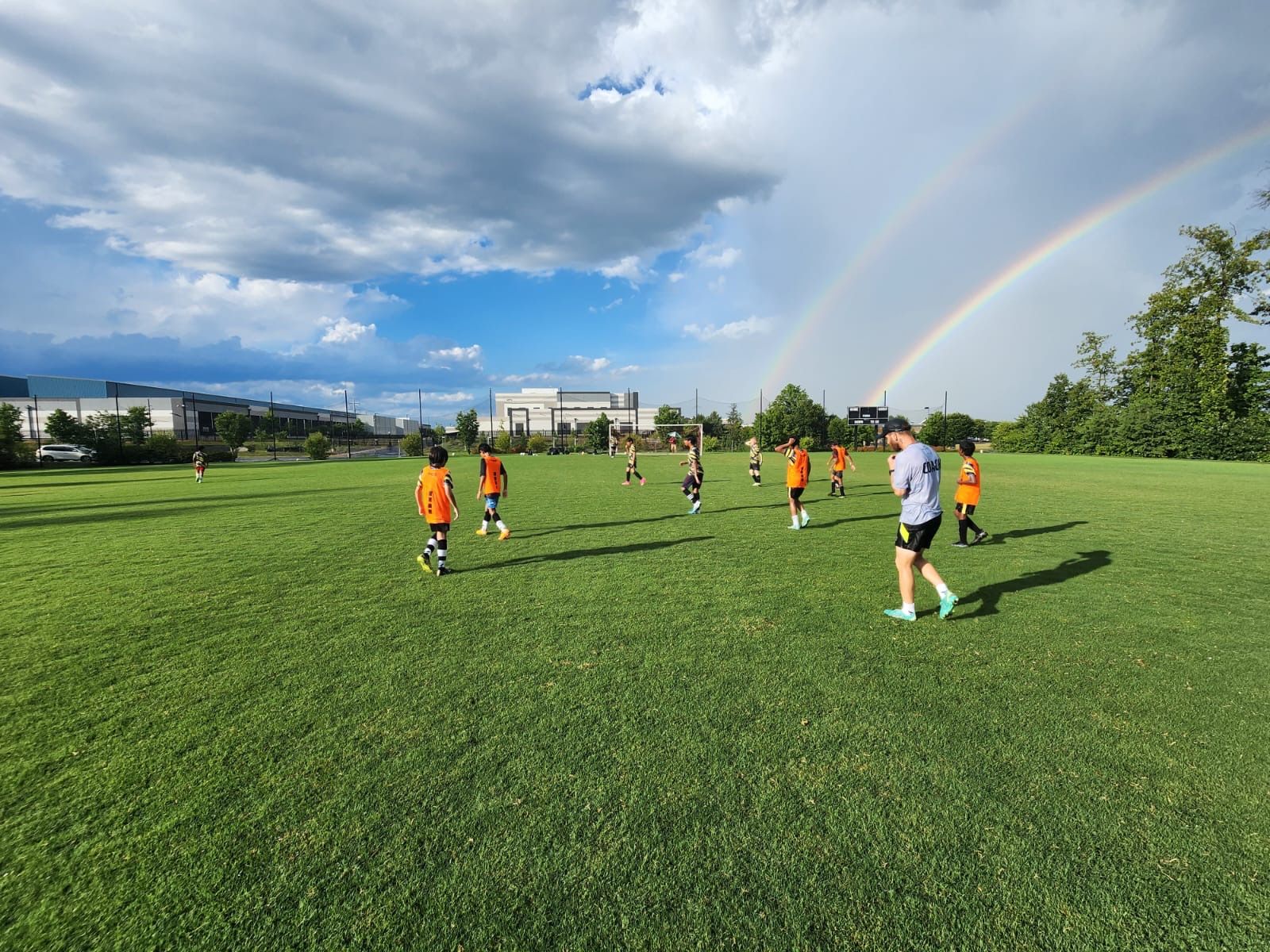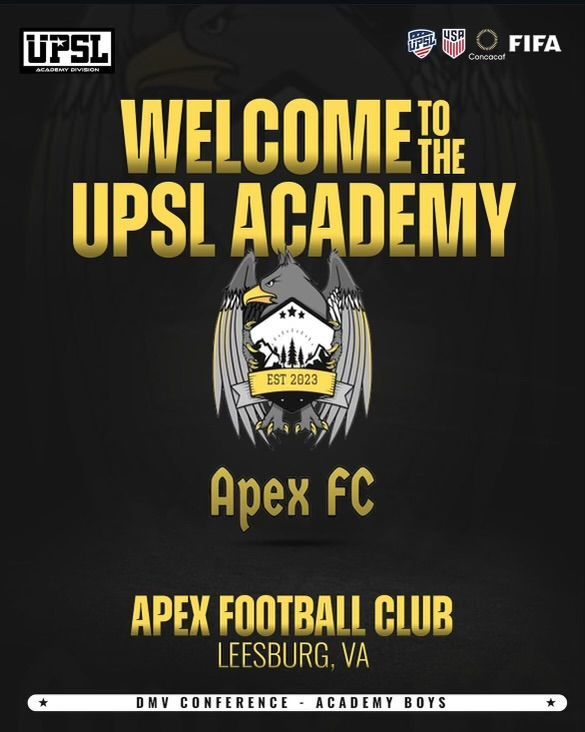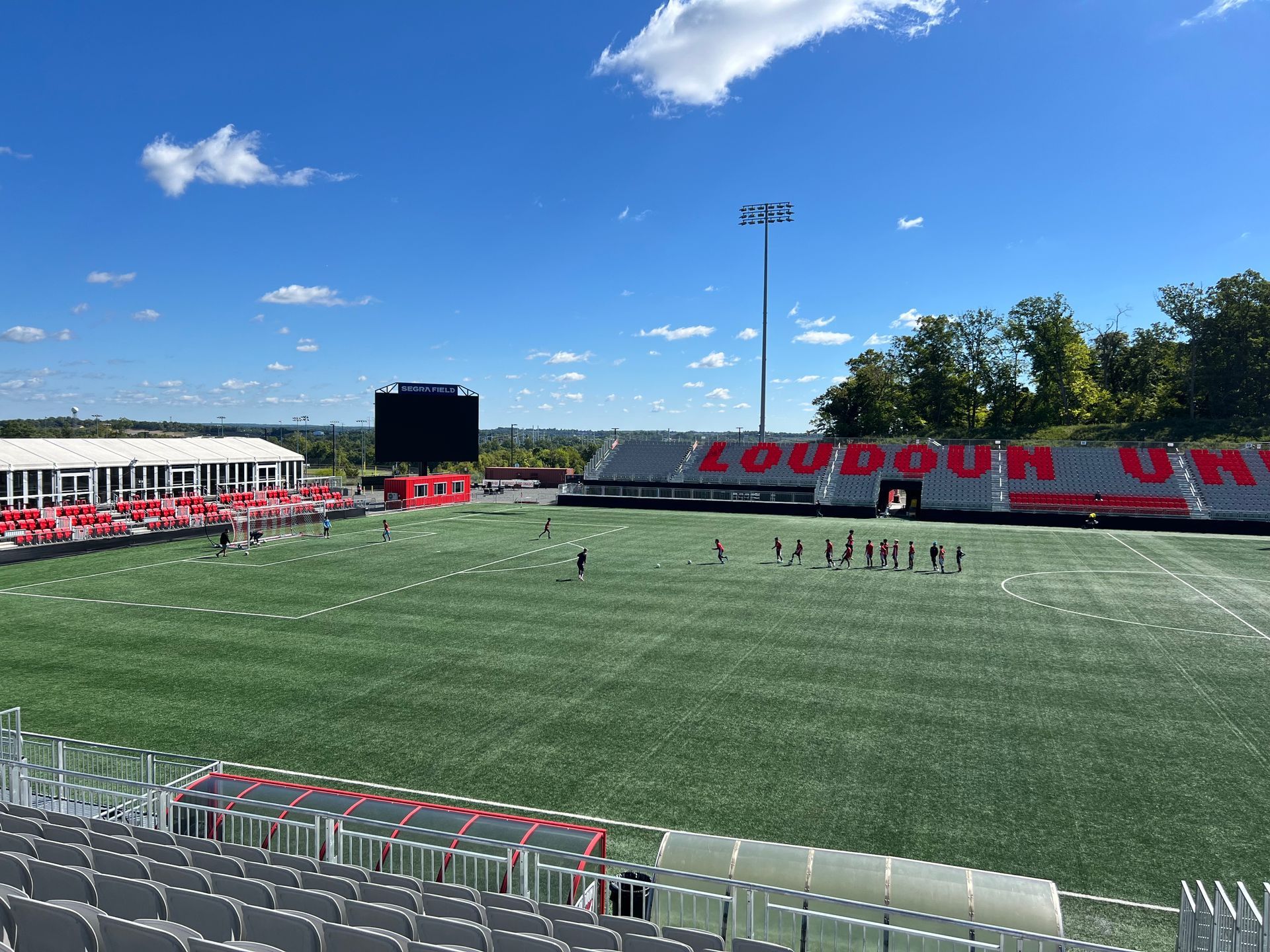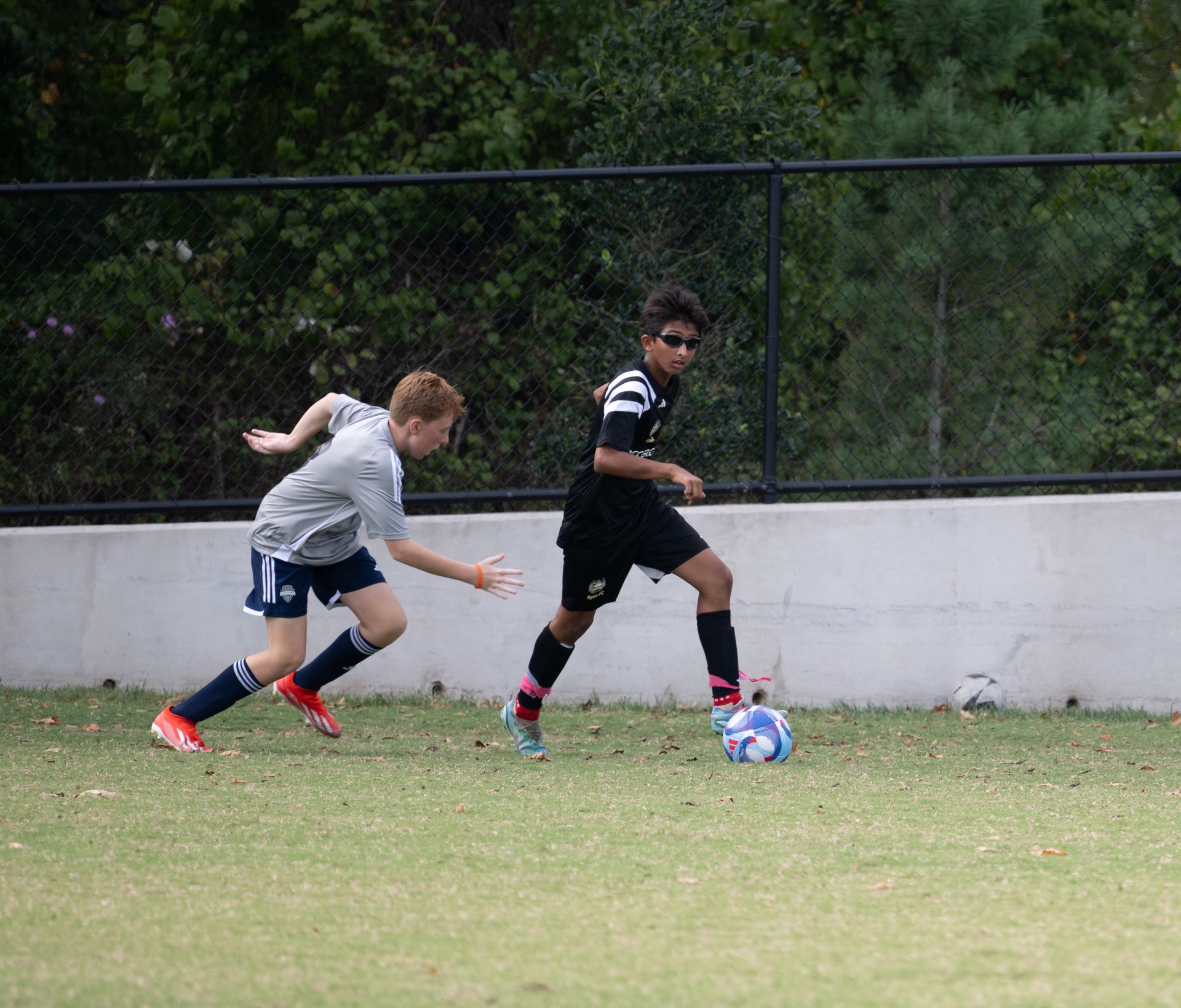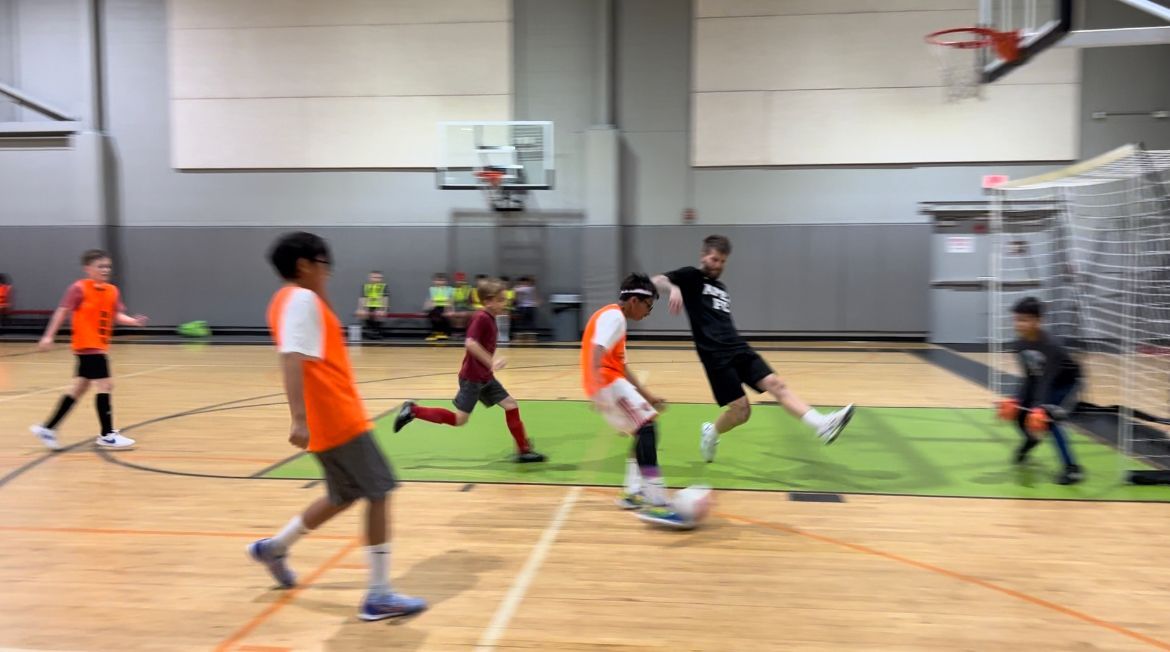The Politics of Soccer: Our Fight for the Right Way
The Reality of Club Politics in the U.S. Soccer System
The politics of soccer in the United States isn’t just something that players deal with on the field—it’s something that affects the game from the very foundation. As a small, independent soccer club, we’ve seen firsthand how decisions aren’t always based on skill, talent, or dedication, but on affiliations and connections. Landon Donovan, one of the most respected figures in U.S. soccer, has spoken out about the way politics shape the landscape of youth soccer in this country. He’s frustrated by the system, and frankly, we are too.
In a recent interview, Donovan was candid about how the political landscape in U.S. soccer has stifled development. “A lot of people are trying to make decisions about kids they don’t even know, about players they’ve never seen,” Donovan said. “And they’re making these decisions based on where the kids come from or which clubs they’re a part of, not based on the talent that the kids actually have.”
This rings true for us. As a smaller club that focuses on quality training and holistic development—where every player gets a chance to learn, grow, and contribute to the team—we can’t help but feel the weight of this reality. The club you’re affiliated with should never be the deciding factor in a player’s future, yet too often, it is.
Frustrations with the System: Why Talent Isn’t Always Enough
We’ve had players who’ve worked incredibly hard, shown immense potential, and made strides in their development—only to not get picked for something like ODP (Olympic Development Program) tryouts. And when you see the names on the final roster and realize they all come from certain "big" clubs, it makes you wonder: what were the real deciding factors here?
Sure, talent is still a big part of the equation. But it’s hard to ignore the underlying truth: the bigger, wealthier clubs have the connections, and that seems to play a bigger role than pure skill or potential. Donovan’s frustration with the system is a reminder of this. He’s called out the way the system “lacks transparency,” explaining how kids who don’t come from the right clubs or networks get overlooked, regardless of their talent.
“I think the most frustrating thing,” Donovan added, “is when you see players who are incredibly talented—who could go on and play at the highest levels—but they don’t get the opportunity because they didn’t come from the right club or don’t know the right people.” We’ve seen this firsthand, and it's discouraging.
But here’s the thing. Despite the frustrations, we won’t back down. We won’t stop doing what we know is right. We’re not in this for the money or the prestige. We’re in this because the kids deserve better. They deserve quality training, real development, and the chance to become true soccer players—not just fast runners or kids who happen to be at the right club. We teach the game the right way, focusing on technique, teamwork, and using all the tools available—on and off the field. The goal isn’t to churn out cookie-cutter athletes; it’s to create well-rounded, smart, and capable players who love the game and want to get better every day.
Doing the Right Thing, No Matter What
Despite the politics, we know that soccer isn’t about playing the game with a winning club or making it to the “right” team. It’s about teaching the kids the game, building their skills, and most importantly, fostering a love for soccer. This is something Landon Donovan has emphasized in his own philosophy about player development. He’s said, “The ultimate goal should be to make kids love the game, to make them want to get better every day. If they love the game, they’ll work hard, and the talent will follow.”
We couldn’t agree more. Our job as coaches isn’t just to get the best out of kids on the field—it’s to get them to a place where they want to keep learning and improving, no matter the obstacles they face. We’re not here to push kids for a scholarship or chase the fame of big tournaments. We’re here to make sure the next generation gets the kind of coaching they deserve, whether that means fighting for opportunities in a broken system or going above and beyond to help them develop their full potential.
And despite the barriers—whether it’s club politics or a system that rewards money and status more than development—we will always do our best to provide that training. Every child who comes through our doors isn’t just another player to us—they’re a part of our soccer family. We care about them. We care about their growth, not just on the field, but as people. We know that the future of U.S. soccer isn’t going to be built on the same old practices. It’s going to be built by people who genuinely care, who put in the time, the effort, and the love for the sport that’s required to make a real difference.
Underdogs with a Mission: The Fight for the Next Generation
Sure, we may be the underdogs in this system. But we’ve always been okay with that. We’ve never been afraid of a challenge. In fact, we thrive on it. And when we see kids and families come through our program who are hungry for real development, for honest feedback, and for coaches who care about their improvement—well, that’s enough to remind us why we do what we do.
We don’t do this for the recognition or the money. We do it for the players, for their families, and for the community. We do it because we believe in the game, and we believe in what soccer can do for these kids, both on and off the field.
The politics may be tough, the system may be flawed, but we won’t let that stop us from giving our players the coaching and opportunities they deserve. The fight for a better soccer culture in the U.S. might be long, but we’re in it for the long haul. For the next generation, for the love of the game, and for every kid who deserves a chance to grow and succeed.
